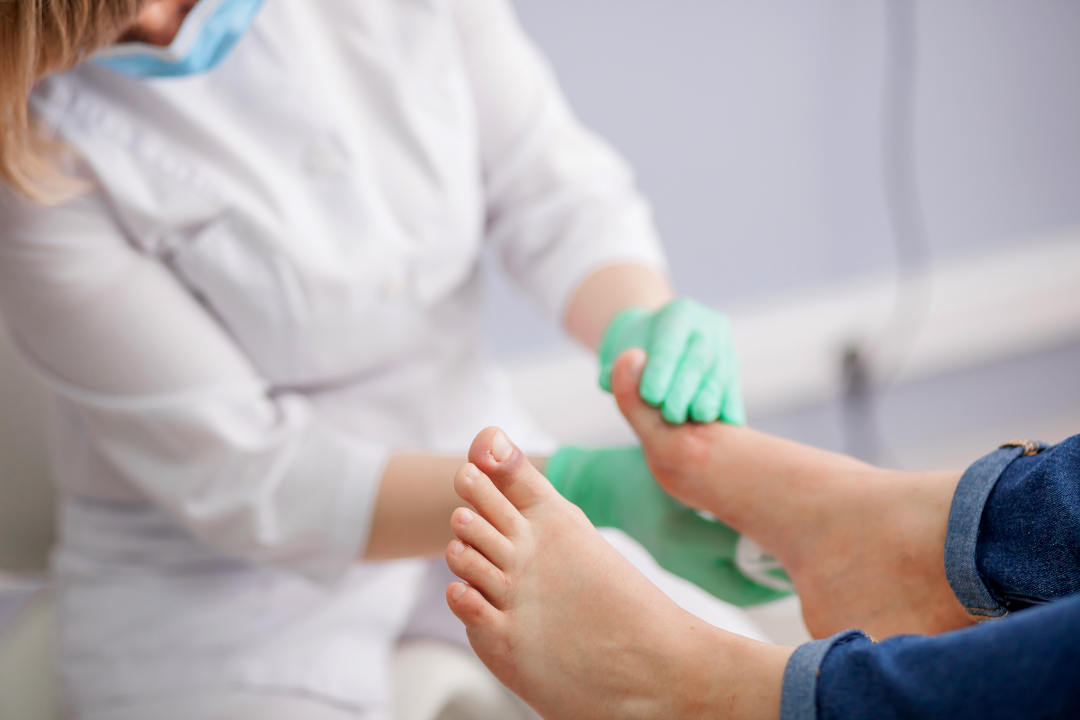Diabetic Foot Health Care
100 people per week lose a limb in the UK through diabetes (Diabetes UK, 2009). This figure is always rising and with simple podiatric monitoring it could be reduced.
What is Diabetes?
Diabetes is a condition where the pancreas has either stopped making insulin, doesn’t make enough insulin or makes the wrong type of insulin. You can either have Type I or Type II diabetes, although they are both slightly different. What is important to us however, is that both types have the same effects on the body and, most importantly, the Feet!
Diabetes can affect the feet in a wide number of ways:
- Neuropathy- loss of sensation which usually starts off in the feet, but can also affect the hands – so you are therefore unable to recognise or prevent injury to the feet.
- Poor circulation- cramps in the calf, change in colour of the feet / legs, the temperature of the feet may be either extremely cold or extremely hot.
- Decreased resistance to infection- which can be problematic if the foot is injured in anyway.
Diabetic Foot Care Health Tips:
- Check your feet morning and night, using a mirror is best. Look for anything out of the ordinary which may include heat, redness, swelling, pus, around a cut, or even a cut that doesn’t have these signs. If you notice any of these signs then put a dry dressing on the wound and come into the clinic as soon as possible.
- Moisturise the feet twice daily; taking good care of the skin will go a long way to keeping it intact and therefore help to prevent any infection in the feet.
- Make sure your shoes fit well.
- Don’t walk around the house or outside barefoot.
- Take regular exercise.
- Eat the right foods and keep your blood sugar under control; your HbA1C needs to be 6.5% ideally.
- Have your feet checked by a podiatrist at least once a year.

How Can We Help?
Follow the form below to get through directly to one of our Podiatrists at the practice or to request an appointment.
Or call — 01444 453874
"*" indicates required fields
